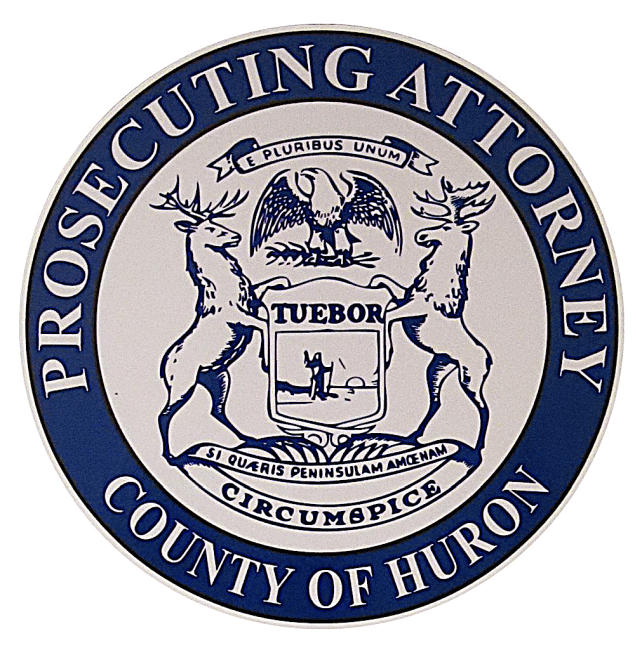
NOTE: April is Alcohol Awareness Month. Its goal is to increase public awareness and understanding, reduce stigma and encourage local communities to focus on alcoholism and alcohol-related issues. In light of that, Judge Glaspie, District Court Judge, Tuscola County and one of two judges on the Sobriety Court, wrote the following article about the Thumb Regional Sobriety Court and what it is doing to address the disease of alcoholism with repeat drunk drivers.
By: The Honorable Kim David Glaspie, District Court Judge, Tuscola County
February 18, 2015 is a monumental date as it marks the date upon which the Thumb Regional Sobriety Court (TRSC) graduated its first three participants. It also represents a change in how the trial courts in Huron, Tuscola and Sanilac counties treat OWI offenders with stated goals to support an offender’s recovery from their addiction and to make our communities safer from intoxicated drivers.
A Regional Concept
The TRSC was created through the efforts of many individuals in the Thumb region. This regional treatment court is one of four created in the State of Michigan, funded with a grant approved and monitored by the Michigan State Court Administrative Office. The regional sobriety courts are the first four of their kind in the United States. Although sobriety treatment courts have been established for a number of years, the idea of regional courts are a recent creation designed for counties like Huron, Tuscola and Sanilac to join their efforts and engage in a collaborative effort to address the ever present problem of alcohol addiction and intoxicated driving in our communities.
 It Takes Teamwork
It Takes Teamwork
The Court was created by Administrative Order signed by the Chief Judges of all three counties representing the Circuit and District Courts for each county. The order incorporates a Memorandum of Understanding that was created by and signed by the Chief Judges, Prosecutors, Sheriffs, Treatment Providers and representative defense counsel. The Memorandum of Understanding provides the shared Court vision for the Thumb Regional Sobriety Court. The five guiding principles are to enhance the quality of life throughout the associated counties; to provide leadership through innovative services; to continuously improve those services; to achieve program goals through a collaborative team concept; and to break the generational cycle of criminality and substance abuse. And the members have agreed to support the mission of the Court to successfully rehabilitate substance abusing members of our community while maintaining public safety.
It will be years before the overall success of the program is determined and we will continue to measure the success based on continued sobriety of our graduates. We have seen immeasurable successes on a daily basis. Participants regain their health and they renew relationships with family, friends and co- workers. Their relapse prevention plans consistently speak to the lessons learned from the program and the tools they acquire to continue their life long task to deal with their addictions.
Addressing the Core Problem
As a District Court judge for twenty-five years, I have watched the failed attempts to rehabilitate drunk drivers using punitive measures such as incarceration, fines and costs. Historically courts have failed because we continue to address the criminality of drunk driving but failed to address the disease driving the criminality. And we fully expect this method to work. Sobriety treatment courts address the core problems of addiction. Research of other Sobriety Courts proves that this concept is more effective than the traditional approach.
Participant accountability remains at the forefront of the program. This is accomplished through written agreements with participants, court monitoring of behavior on daily and weekly basis. Monitoring includes incremental sanctioning for negative behavior and positive rewards for improved behaviors. When individuals see the support and collaboration of those involved in the program, together with community support, they have a much better chance for success in breaking their continued involvement with the criminal justice system.




